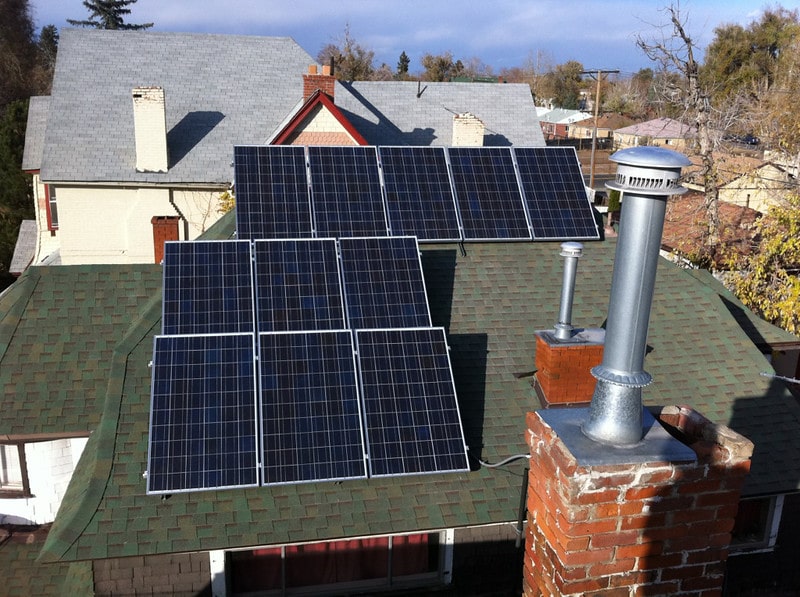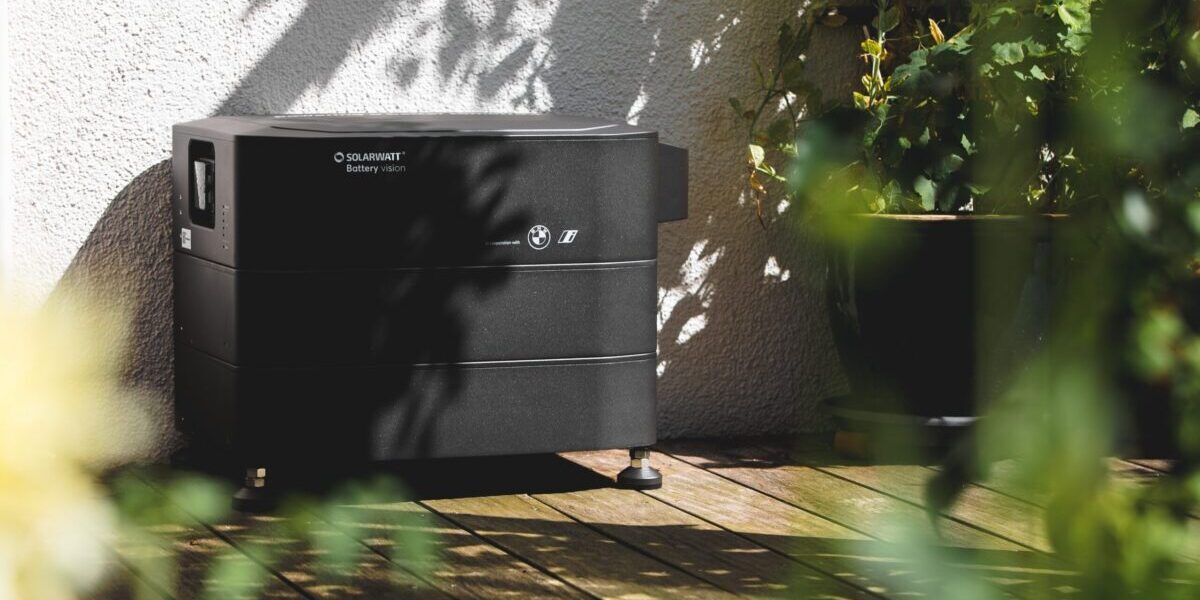A survey commissioned by a U.K. government department to consider attitudes to installing rooftop solar on homes and small businesses prompted a furious response from companies who were unaware investing in solar might increase their business tax rate.
With trade body Solar Energy UK having long complained about the fact businesses can be penalized in that manner for installing solar, respondents to a survey commissioned by the Department for Business, Energy and Industrial Strategy (BEIS) echoed the sentiment.
The results of the survey, published by BEIS on Tuesday, featured comments from the owners of small and medium-sized enterprises (SMEs) including: “Are the government trying to help people or just make some money?” Researchers conducting the study noted: “There was palpable disbelief and anger when this issue was raised during the interview.”
pv magazine print edition
By contrast, another bugbear frequently raised by the industry – of a potential rise in the 5% value-added tax rate applied to solar products – was considered of only marginal importance by SMEs mulling whether to go solar.
The survey staff, from London-based Basis Research, noted that, with finance having been available at historically low rates for years and the price of solar systems continuing to fall, investment was less of an issue than factors such as providing information about the benefits of solar panels.
With the U.K. government keen to burnish its climate change credentials ahead of the planned COP26 global meeting in Glasgow in November, giving solar a welcome nudge was well within the reach of policymakers, the researchers found. The study stated: “Given access to capital and financing is not a major barrier, creating a stable policy environment to plan both upfront costs and returns is entirely within the government’s control.”
In terms of the perception of the government, however, researchers reported a widespread impression Whitehall's commitment to solar has waned, with the emphasis on climate change having shifted to electric vehicles and household energy efficiency improvements and the dramatic wind down of the solar feed-in tariff (FIT) which occurred in 2015.
The results were compiled from an online survey of 889 households and from ‘in-depth' interviews with 15 SMEs in March. Businesses welcomed the 130% tax ‘super deduction' for the capital costs of installing solar which was announced in the national budget that month. Respondents said the scheme, which deducts 130% of the cost from tax bills, and which is due to expire in March 2023, had created a once-in-a-lifetime opportunity to install commercial solar systems, which typically offer a return on investment of 5-10 years, according to the businesses questioned.
Researchers reported household solar systems could be bought and installed for less than £4,000 (€4,690) in the U.K., with the help of group buying schemes which enable large numbers of householders to aggregate bulk orders. Against that cost, there was little enthusiasm for the Smart Energy Guarantee (SEG) system which was introduced in January last year to replace the fixed FIT with a less generous, variable tariff paid for excess electricity sold to the grid by solar homes.
Not an incentive
The report stated: “Attitudes suggest [the] SEG is not a significant incentive to promote the installation of solar.” With the SEG offering typical annual returns of £100-200 (€117-235) in the U.K., it is much less generous than its FIT predecessor but the government's desire to reduce public expenditure by winding down FIT payments was perhaps justified by the response given by one early adopter of commercial solar who said FIT revenue “remains one of the most profitable parts of their business.”
In terms of what would be needed to drive solar deployment, the survey said households wanted guarantees on the performance of solar panels, access to long-term payback schemes – perhaps tied to the property rather than the individual – and affordable energy storage or the ability to sell energy to the grid more profitably. The latter could be achieved, suggested the researchers, by tweaking the SEG to offer fixed payments for an introductory period.
Businesses also called for information on how to install solar and lists of approved solar panels and installers. Not surprisingly, they also wanted a guarantee their business rates would not rise as a result of investing in renewable energy.
This content is protected by copyright and may not be reused. If you want to cooperate with us and would like to reuse some of our content, please contact: editors@pv-magazine.com.




There are constant Nimby complaints that large scale solar takes up agricultural land and is not inkeeping with rural vistas. There has to be an argument for SEG to be increased to a level that makes rooftop solar attractive, saving agricultural land and scenic views. Either that or carbon tax electricity, pushing up its cost, improving the ROI of rooftop solar.
I keep banging on about all roof solar ‘building regulation’ for all new housbuilds. Now that SP can generate enough electricity for the average household, this is worth the equivalent of enough power for 325,000 houses each year. Add vertical windpower and EV power will also be available for domestic use free.
I totally agree with David. Solar panels must be set on every newly built house. If new householders understand the advantages of renewable energy, inhabitants of more elder houses will definitely set them too